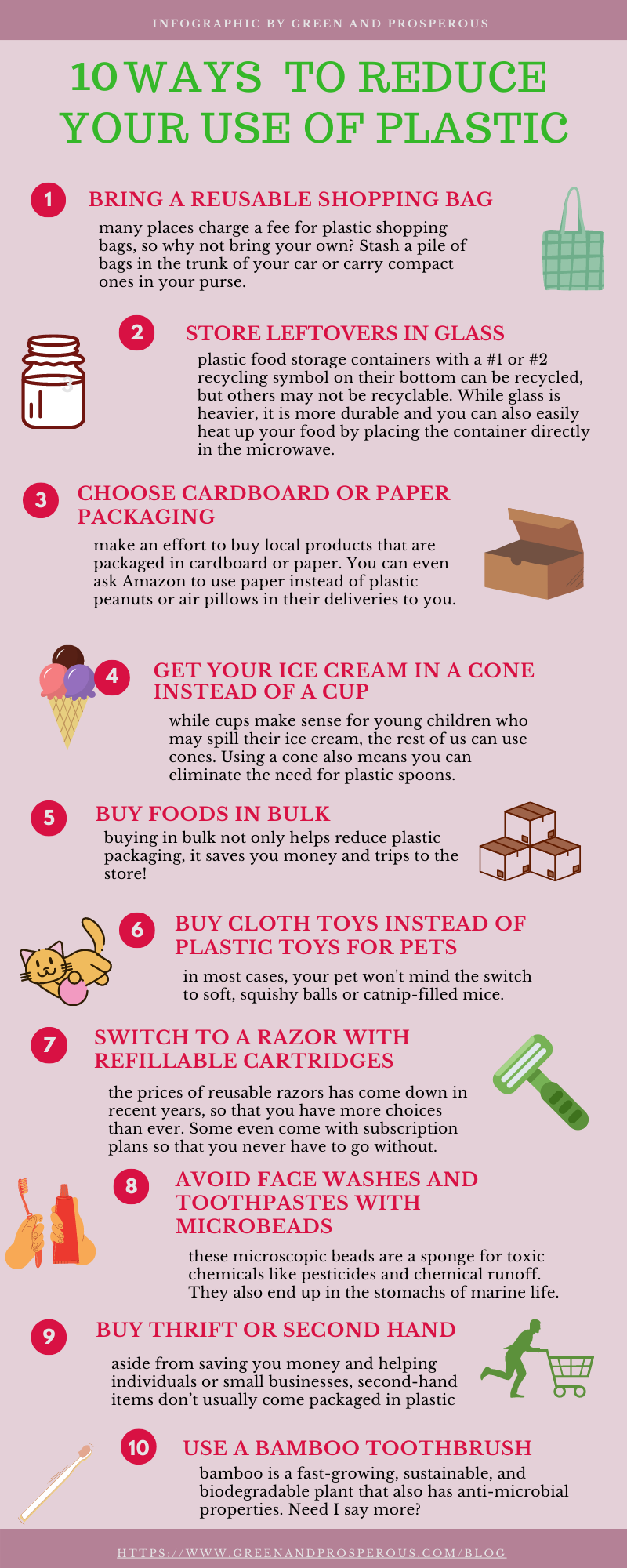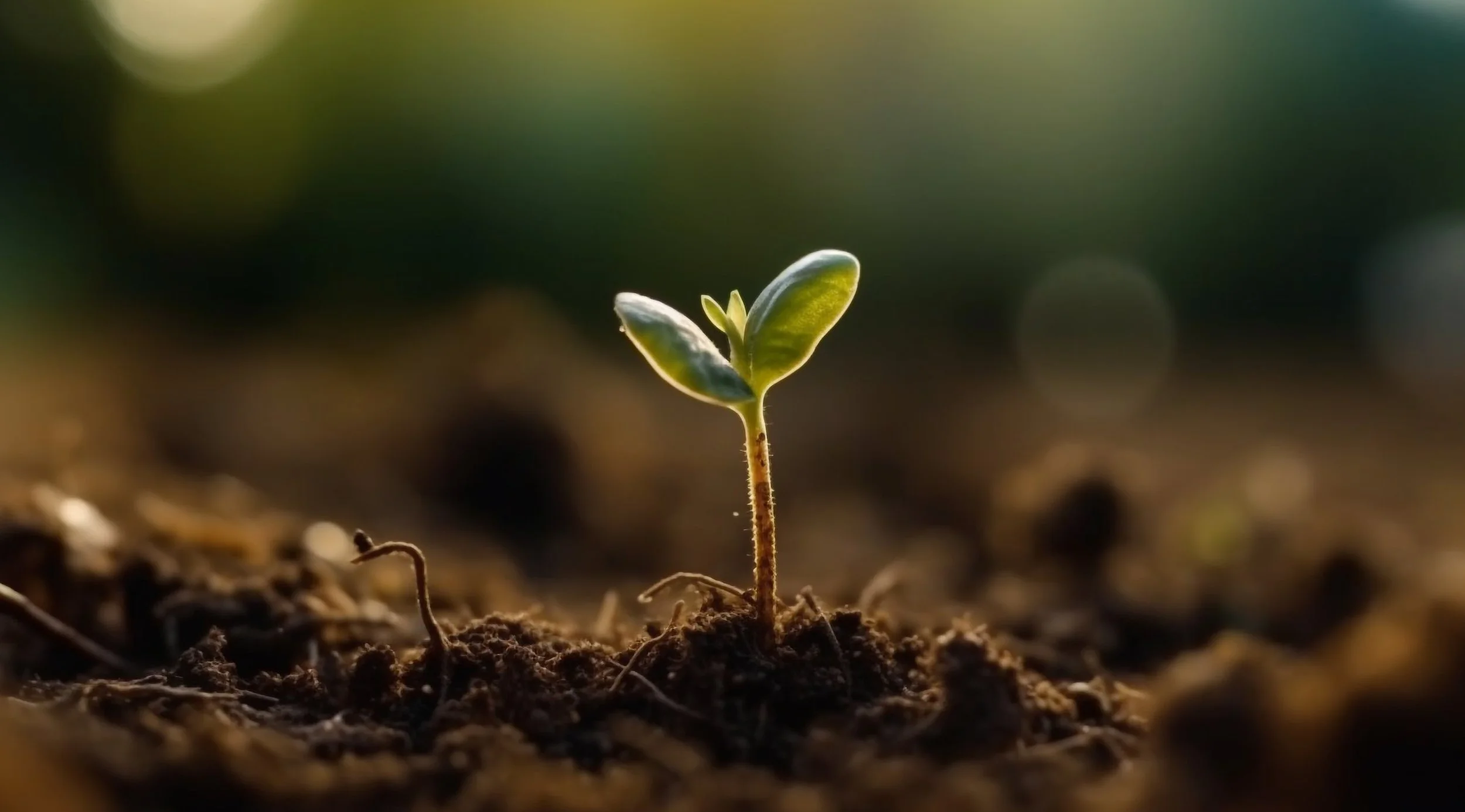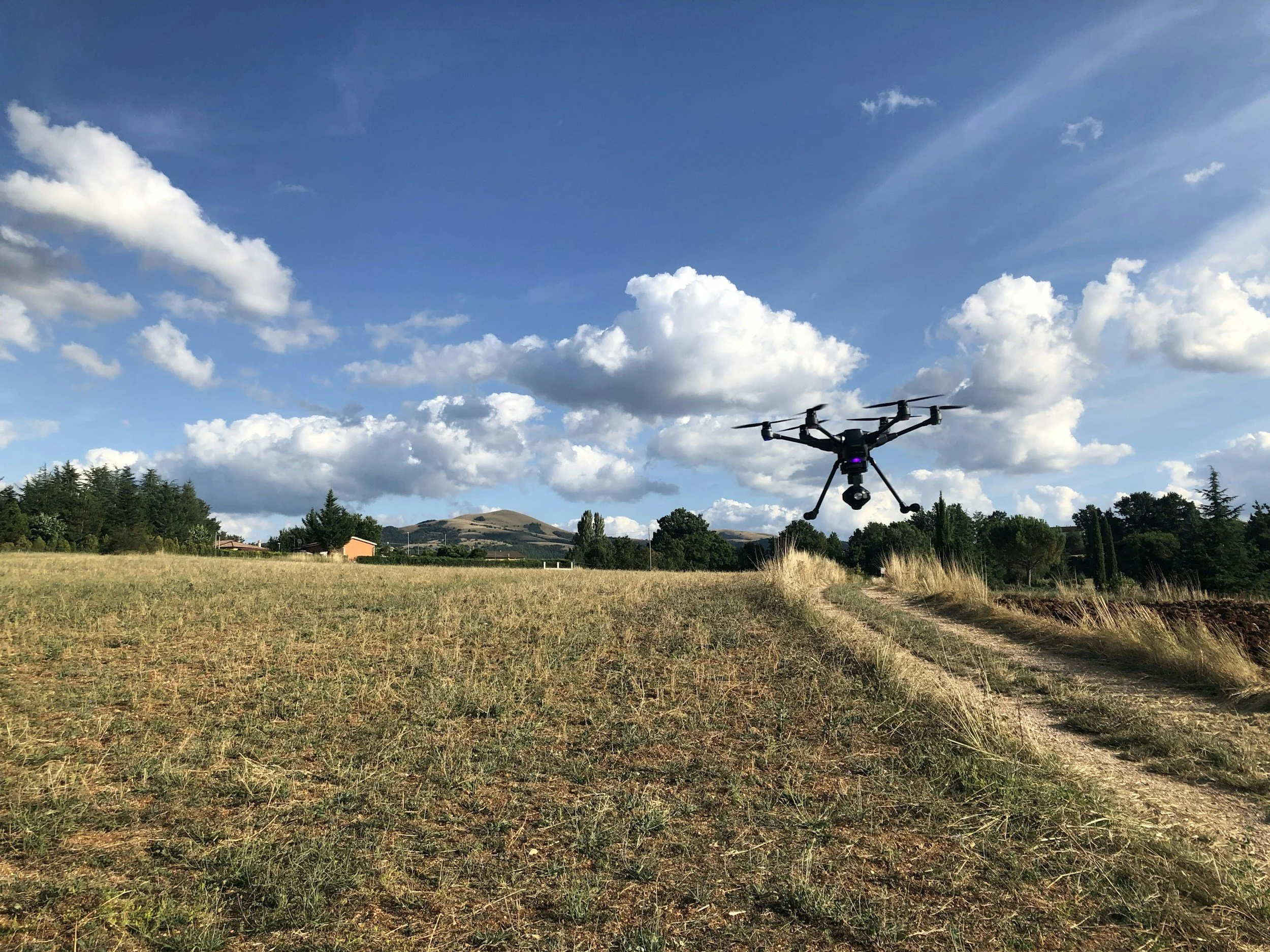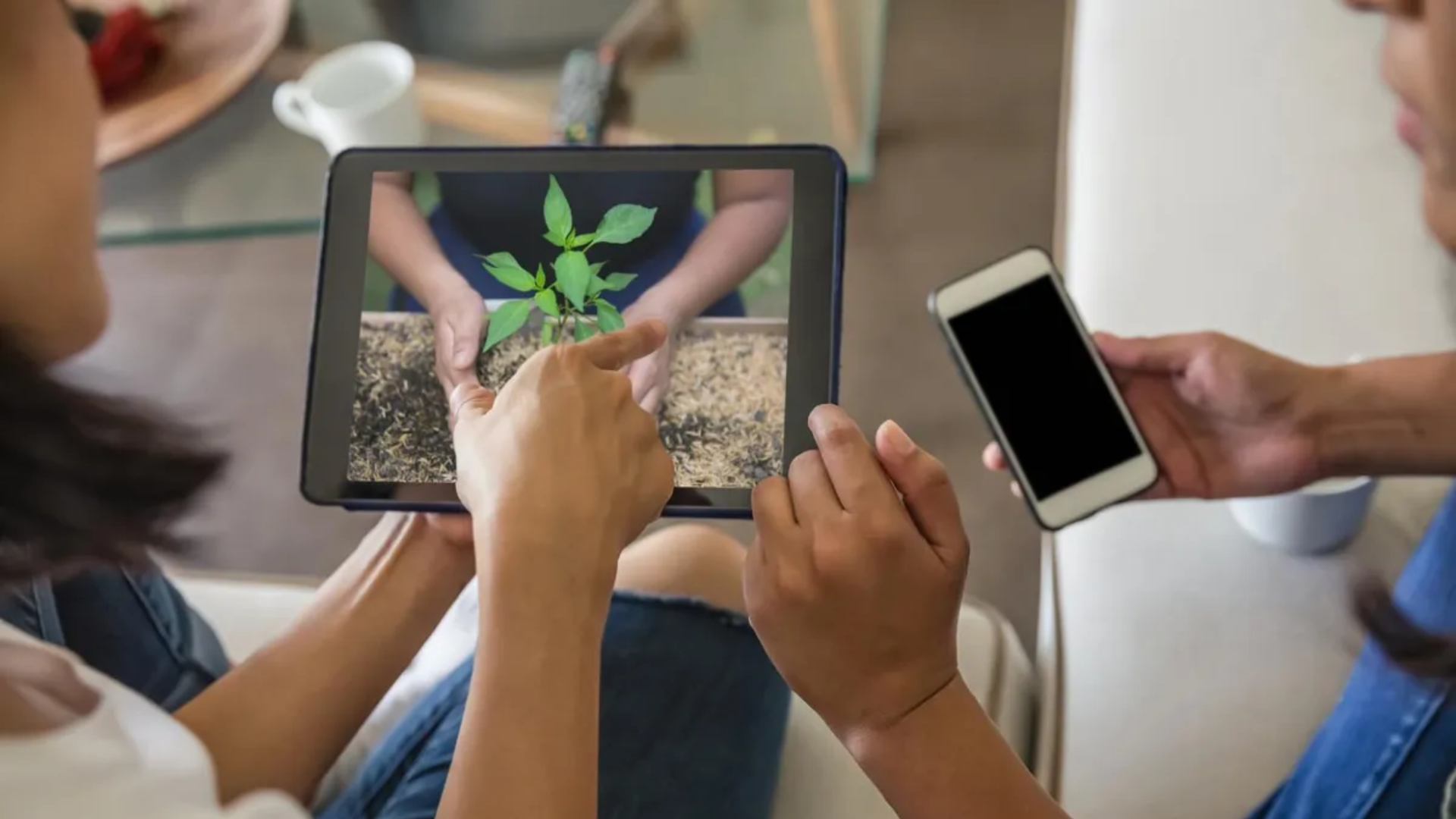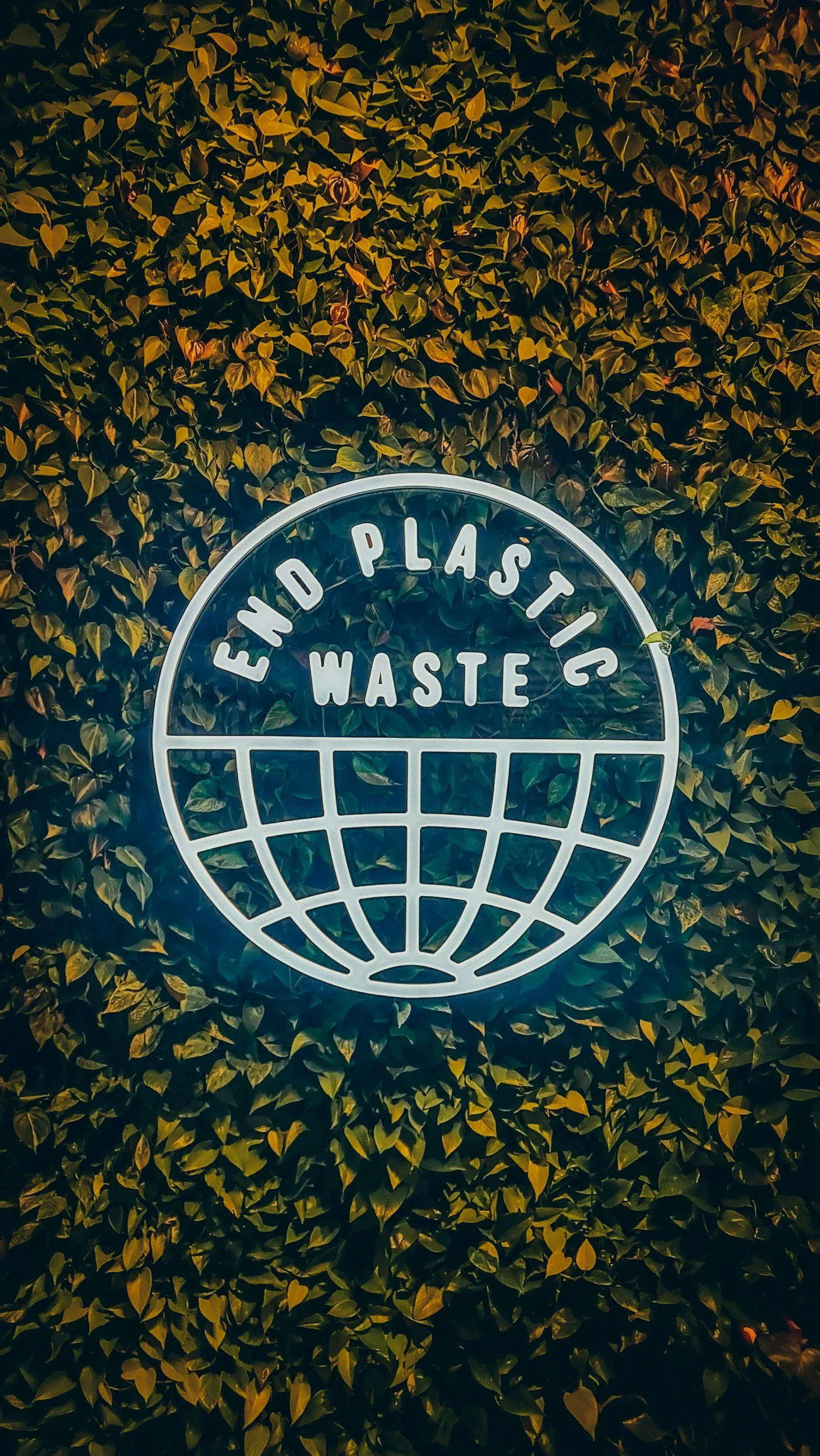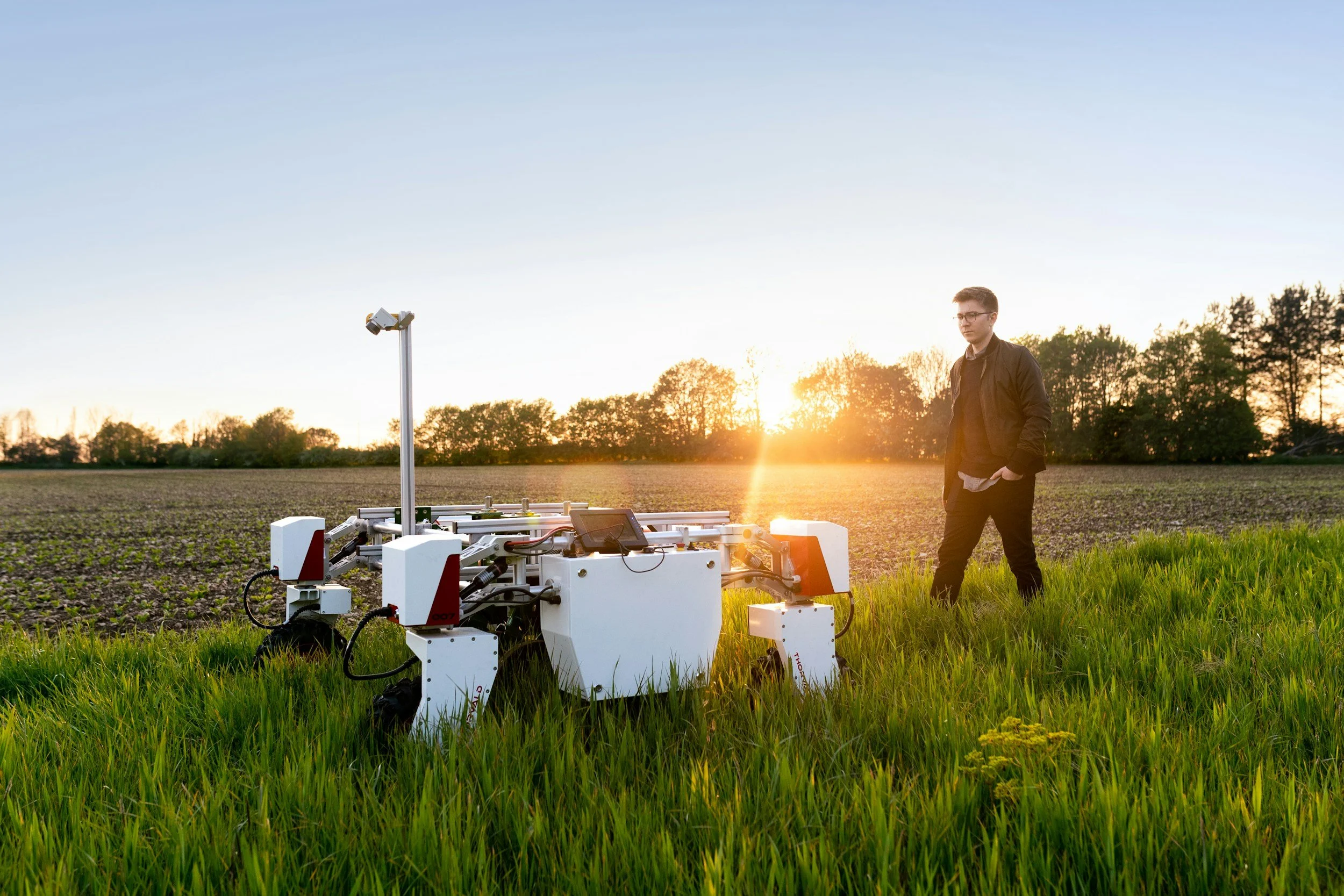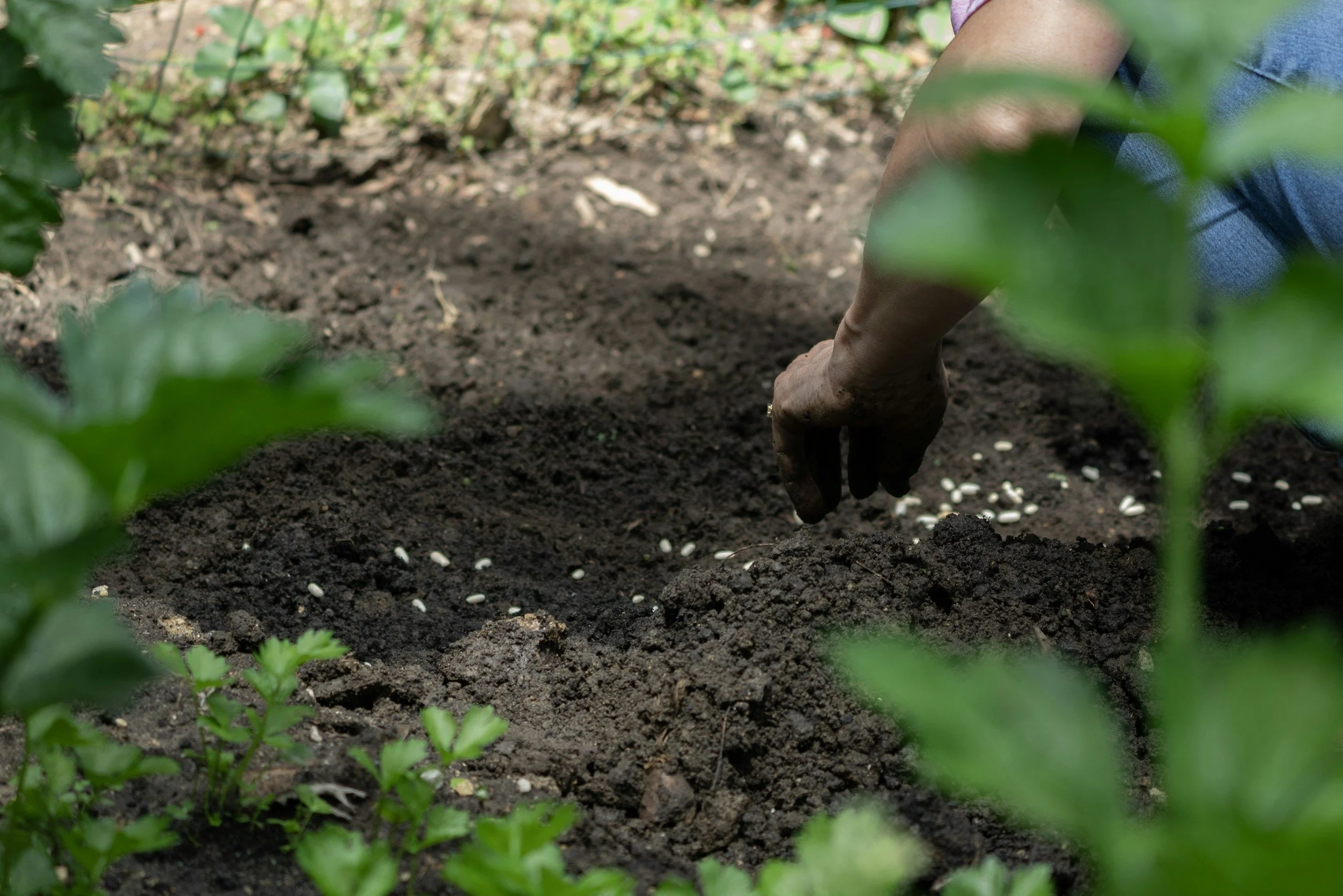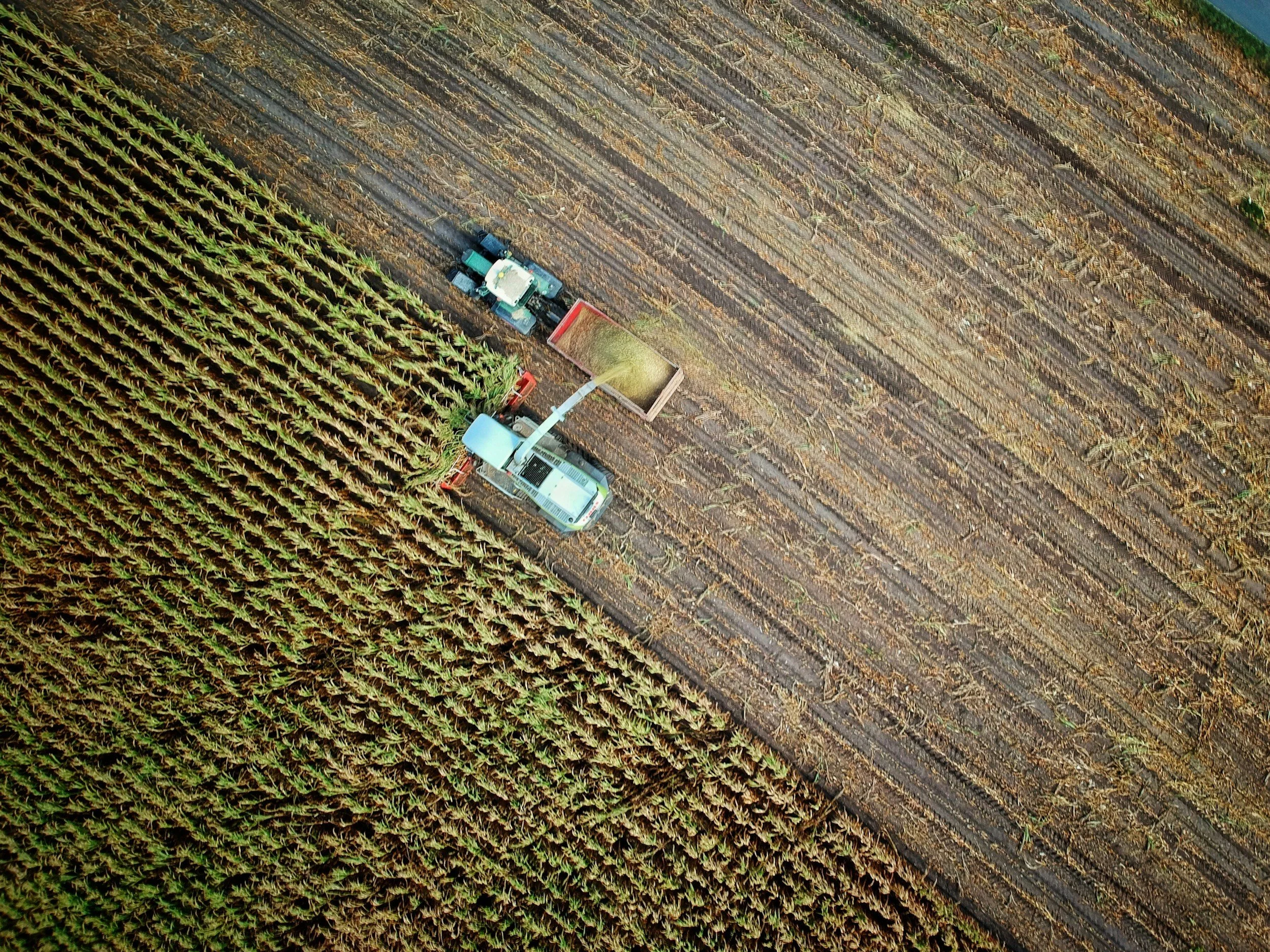10 Ways to Reduce Your Use of Plastic
/According to the Solid Waste Association of North America, U.S. cities saw a 20% average increase in municipal solid waste and recycling collection from March into April 2020. Increased trash can be attributed partly to spring cleaning, but most of it is due to people consuming more disposable goods made of single-use (or limited use) plastic because of COVID-19, including an increase in the use of PPE such as masks and gloves. Although it’s hard to imagine our modern lives without it, plastic has been a major source of waste and a contributor to climate change. There are some promising innovations in plastics recycling and mitigation of plastic waste by government agencies and activist organizations, but ultimately it’s up to individuals to do what they can to help solve the problem of plastic waste.
There is a growing awareness of the global threat that plastics pose to the world’s oceans. There are over 5.25 trillion pieces of plastic polluting the oceans, including the Great Pacific garbage patch, a floating island of plastic that is larger than the state of Texas. Over 88% of the world’s oceans are polluted by plastic, which kills over a million seabirds and 100,000 marine animals each year, including 1 in 3 fish that is caught each year for human consumption. Most of this plastic does not break down even after decades, and biodegradable plastics and bioplastics, which continue to be promoted as potential solutions to the problem of plastic pollution, pose their own problems, making them ultimately limited in their effectiveness.
Plastic recycling takes place at much smaller percentages than most people realize, with only 8.5% of plastics in the US being recycled each year and 91% of plastic globally not being recycled. There have been several innovative programs that have sought to mitigate plastic waste in recent years, such as upcycling plastics into other usable products, converting hard-to-recycle plastic to energy, and the Namma Mane project launched by India’s Plastics for Change Foundation, which converts hard-to-recycle plastic waste into building materials. However, the most sustainable solutions to tackling the plastic waste problem will only be possible when we change our habits to use less plastic in the first place. Read the infographic below to find out 10 ways you can begin reduce your consumption of plastic today.




